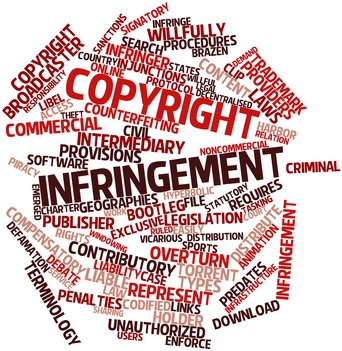
By revoking copyright registration it had previously granted for a comic book whose artwork was created by an AI-powered image generator, the U.S. Copyright Office has effectively ruled that AI-generated images are not eligible for copyright protection in the U.S.
Kris Kashtanova is a New York-based artist who created the graphic novel Zarya of the Dawn. Kashtonova wrote the story, created the layout and organized the presentation of the images. The images were generated by Midjourney, a commercial image synthesis service that uses the latent diffusion process.
Latent diffusion models are used to generate detailed images from text descriptions, by mapping an image generator to text descriptions. Effectively, the user can input a text description of the image they want created, and the latent diffusion model will generate detailed image based on those parameters.
Kashtanova registered the copyright in Zarya of the Dawn with the Copyright Office in 2022, claiming that the artwork was not created entirely by the AI, but had been created by her with AI assistance. The Copyright Office has previously rejected copyrights registered to AI as the author – however, it has not ruled against copyrights in AI artwork where the author is a person. Here, Kashtanova was granted copyright registration for Zarya of the Dawn in September 2022.
However, this past Tuesday, the Copyright Office revoked the registration, on the basis that Kashtanova had not disclosed in her application that the images in the comic were created by an AI model. Apparently, following issuance of the registration, the Copyright Office learned on social media that her comic included AI-generated images. The Copyright Officer then issued a notice to her in October 2022, requiring her to provide additional information showing why the registration should not be canceled.
Through her attorney, Kashtanova responded that Midjourney was merely an assistive tool, and she had authored every aspect of the work. The Copyright Office rejected this argument, finding that although she claimed to have “guided” the content of each image, it was Midjourney that had “authored’ the images for purposes of copyright registration. Accordingly, the portion of her registration covering the images was canceled.
Kashtanova still holds a copyright registration for the other elements of the comic- namely, the text and the selection and coordination of the visual elements. However, for now, this ruling means that AI-generated images cannot be copyrighted in the United States, and this ruling will likely stand unless it is challenged in court or revised by law.
The post Can You Copyright an AI-Generated Image? The U.S. Copyright Office Says No appeared first on The Source.
